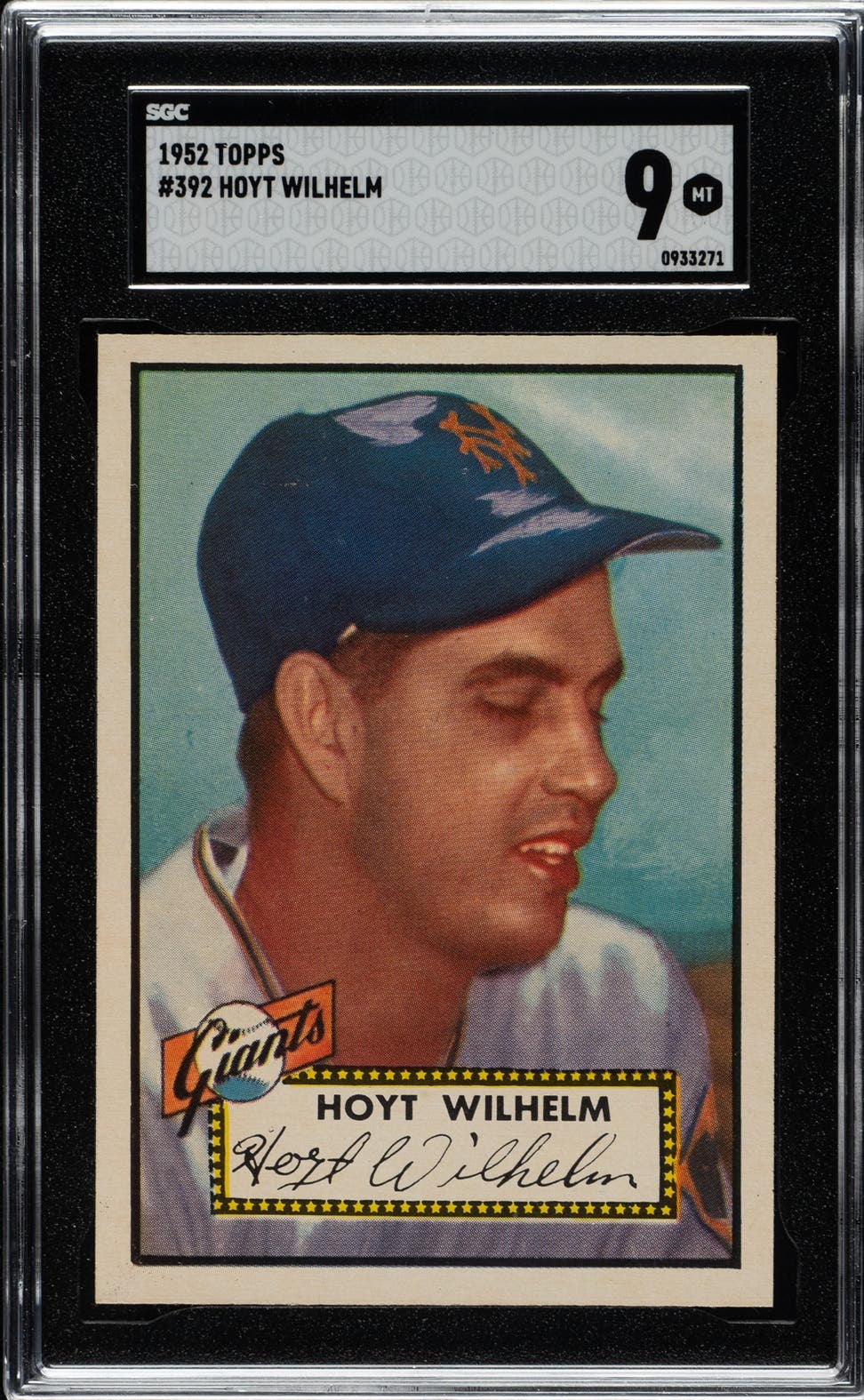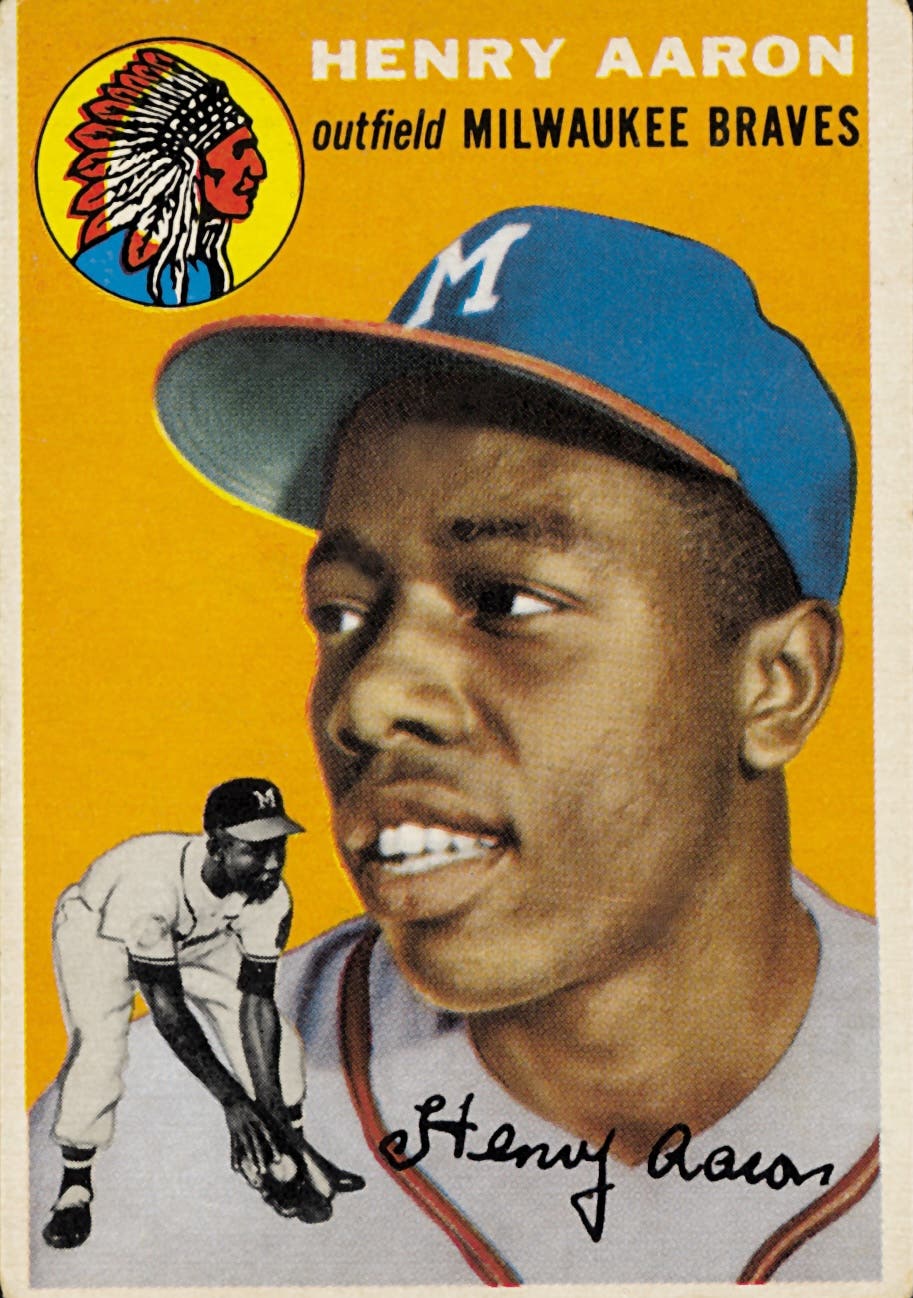News
Hank Greenberg Honored With Limited-Edition Medal
To commemorate the 100th anniversary of Hank Greenberg’s birth, the Jewish-American Hall of Fame has issued just 331 (Greenberg’s lifetime home run total) 2-inch-high relief silver-plated bronze medals with the inscription "HANK GREENBERG CENTENNIAL" on the edge. The medal was sculpted by Hal Reed.
The high relief 2-inch Hank Greenberg Centennial medals are available in silver-plated bronze (limited to 331) for a $75 contribution. Each medal is individually serial numbered on the edge, and comes in a gift box with a Certificate of Authenticity. There is a limit of three medals per order. Mention that you read about this in Sports Collectors Digest and take a 20 percent discount. To order, send your check to the non-profit Jewish-American Hall of Fame, 5189 Jeffdale Ave., Woodland Hills, CA 91364 or call 818-225-1348 for credit card orders.
In 1925, 14-year-old Henry Benjamin Greenberg was a player on the Washington Avenue Annex Settlement House baseball team, which won the Bronx championship. Years later, Greenberg won a scholarship to New York University, but he quit after his first term to play baseball full time.
Hank joined the Detroit Tigers in 1933 as a first baseman, and helped them win their first American League pennant in 25 years. The Tigers were champions again the following year, and Hank won the American League's Most Valuable Player award by an unanimous vote of the Baseball Writers Association; he won it again in 1940 after he had been switched to left field.
After Hank Greenberg declined to play in an important game on Yom Kippur in 1934, Edgar Guest published a poem, the last lines of which are: "We shall miss him on the infield and shall miss him at the bat, but he's true to his religion – and I honor him for that," which is paraphrased on the medal’s reverse.
As the first Jewish baseball star, Hank Greenberg had to handle racial slurs from fans and opponents alike. Birdie Tebbetts, a Detroit teammate of Greenberg's for seven seasons, recalled that, "There was nobody in the history of the game who took more abuse than Greenberg, unless it was Jackie Robinson."
Hank barely missed Babe Ruth's fabled record of 60 home runs, when he hit 58 in 1938. However, Greenberg did set a major league mark that year when he slammed two homers per game 11 times.
At the peak of his career, in 1941, Hank Greenberg was inducted into the U.S. Army, saying, "I never asked for a deferment. I made up my mind to go when I was called." Greenberg was also the first major leaguer to re-enlist in the military following the attack on Pearl Harbor. Rejoining the Tigers after his discharge on June 14, 1945, in the heat of a pennant race, Hank hit a home run in his first game back, and blasted his famous grand slam home run in the last inning of the final game of the season. The man that Joe DiMaggio called "one of the truly great hitters," was elected to the Baseball Hall of Fame in 1956.








